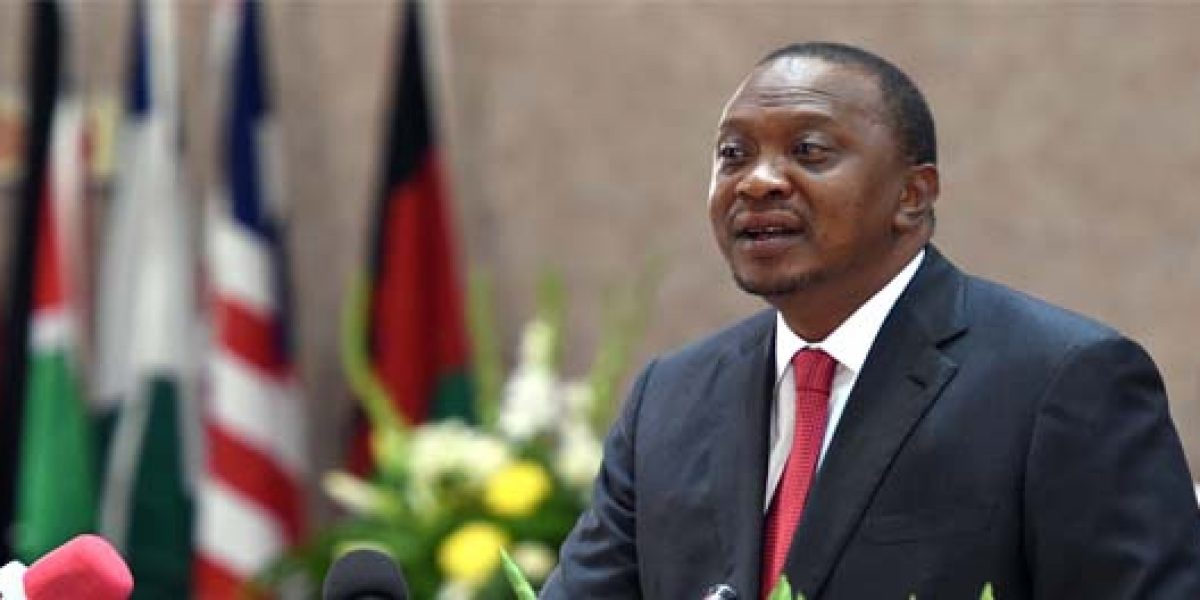The meeting would have addressed critical challenges facing the APRM system, including funding, leadership and waning political will. Invitations were sent, press conferences were held, and delegations from the 35 member states of the APRM were preparing to travel to Kenya’s capital. But the Summit was aborted just four days before it was meant to start, for reasons yet to be officially explained.
The postponement at the eleventh hour took everyone by surprise, considering the commendable groundwork that had been done by the NEPAD Kenya office and the continental APRM Secretariat based in Midrand, South Africa. Large billboards at Jomo Kenyatta International Airport welcomed delegates with the beaming face of President Uhuru Kenyatta, the newly-elected Chairperson of the APRM Forum. And other marketing and logistical activities had already taken place at a large scale.
Most importantly, the postponement was a bitter disappointment to civil society organisations (CSOs) from various African states that had hoped that the Summit – the initiative of President Kenyatta – would finally help revive the flagging fortunes of the APRM and rejuvenate frank debate about good governance on the continent. Some CSOs that had already gathered in Nairobi were not convinced by the statement from State House Spokesperson Manoah Esipisu, who said that the event had been ‘postponed’ until January 2016, and relocated to Addis Ababa (where regular APRM Forum meetings happen on the margin of the African Union Summit every year) to allow non-APRM countries to participate. Speculation on why the plug was pulled ranged from President Kenyatta’s visit to Italy that week, to the likelihood that not enough heads of state would have attended. There are no statements on either the APRM or NEPAD Kenya websites, and officials from both organisations approached for comment declined to do so.
The cancelled Summit should have gone towards addressing the APRM’s grave existential challenges. It is cash-strapped, as most member states are not paying their annual subscriptions of a minimum of $100,000. A review mission to Djibouti had to be postponed due to funding issues earlier this year, and donor support has dropped off alarmingly. The Secretariat has not had a permanent chief executive officer since 2008, has many vacant senior posts, and has not published a Country Review Report since January 2013. No country has yet completed a second review, a dozen years after the APRM was launched in 2003. Attendance at Forum meetings by heads of state has been pitiful for years. So it was hoped that Nairobi would turn this ship around. The Extraordinary Summit would have allowed the heads of state dedicated time to focus on the APRM, which is often not possible on the side-lines of regular AU meetings.
CSOs issued a strong statement and held a press conference on 10 September to express their disappointment and call for much-needed reforms of the APRM. It urges the chairperson of the APRM Forum to urgently convene the Extraordinary Summit, address the issues of non-payment, suspend states that have joined the APRM but have not progressed in producing the required reports, and appoint a competent, permanent CEO. It also notes that for a system that strives to promote good governance, the lack of serious attention to the internal governance procedures of the APRM structures has not served the mechanism well.
Civil society organisations (CSOs) statement
The CSOs also demanded better engagement with civil society on APRM issues – they have routinely faced problems in receiving accreditation for open meetings. The space for civil society in a country like Ethiopia is severely restricted, with Kenya being far more open and tolerant of the views of non-state actors. There were fears that moving the meeting to Addis Ababa would serve to stifle frank exchanges.
In the end, it boils down to political will, and the cancellation of the Summit sends the wrong signal. It is up to Africa’s leaders to decide whether the APRM can be retooled into an instrument that really sparks reform and accountability, or whether it will continue to limp along, merely going through the motions. Africa is asking – does President Kenyatta have the vision and the vibrancy to deliver?
Sydney Letsholo is the programme officer on the Governance and APRM Programme at the South African Institute of International Affairs, and Steven Gruzd is the programme head. Both were in Nairobi to attend the cancelled Summit, and they helped to craft the CSO statement.








